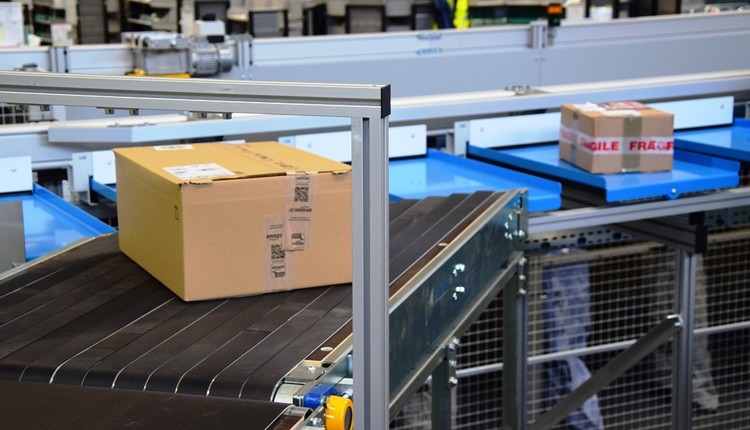CSCMP Supply Chain Quarterly--As the driver shortage worsens, it may be time to reconsider operating your own truck fleet.
As capacity tightens in the trucking market, especially in the United States, it may be time for supply chain executives to give new thought to an old idea—private truck fleets.
Prior to the United States' deregulation of the trucking market in 1980, a lack of competition kept truck rates high and service low, so many companies took matters into their own hands, operating their own truck fleets to ensure dependable pickups and deliveries to customers. Read more!
After deregulation, it became easier for new motor carriers to enter the business and for existing trucking companies to expand their service territories and offerings. Fierce competition drove down rates, making it less attractive for companies to endure the hassle and expense of operating their own trucks. As a result, many of them abandoned their private fleets. (Wal-Mart Stores, which expanded its private fleet operations, was one notable exception to that trend).
As capacity tightens in the trucking market, especially in the United States, it may be time for supply chain executives to give new thought to an old idea—private truck fleets.
Prior to the United States' deregulation of the trucking market in 1980, a lack of competition kept truck rates high and service low, so many companies took matters into their own hands, operating their own truck fleets to ensure dependable pickups and deliveries to customers. Read more!
After deregulation, it became easier for new motor carriers to enter the business and for existing trucking companies to expand their service territories and offerings. Fierce competition drove down rates, making it less attractive for companies to endure the hassle and expense of operating their own trucks. As a result, many of them abandoned their private fleets. (Wal-Mart Stores, which expanded its private fleet operations, was one notable exception to that trend).



